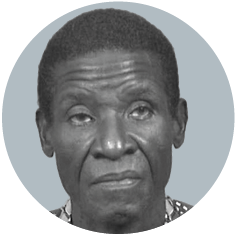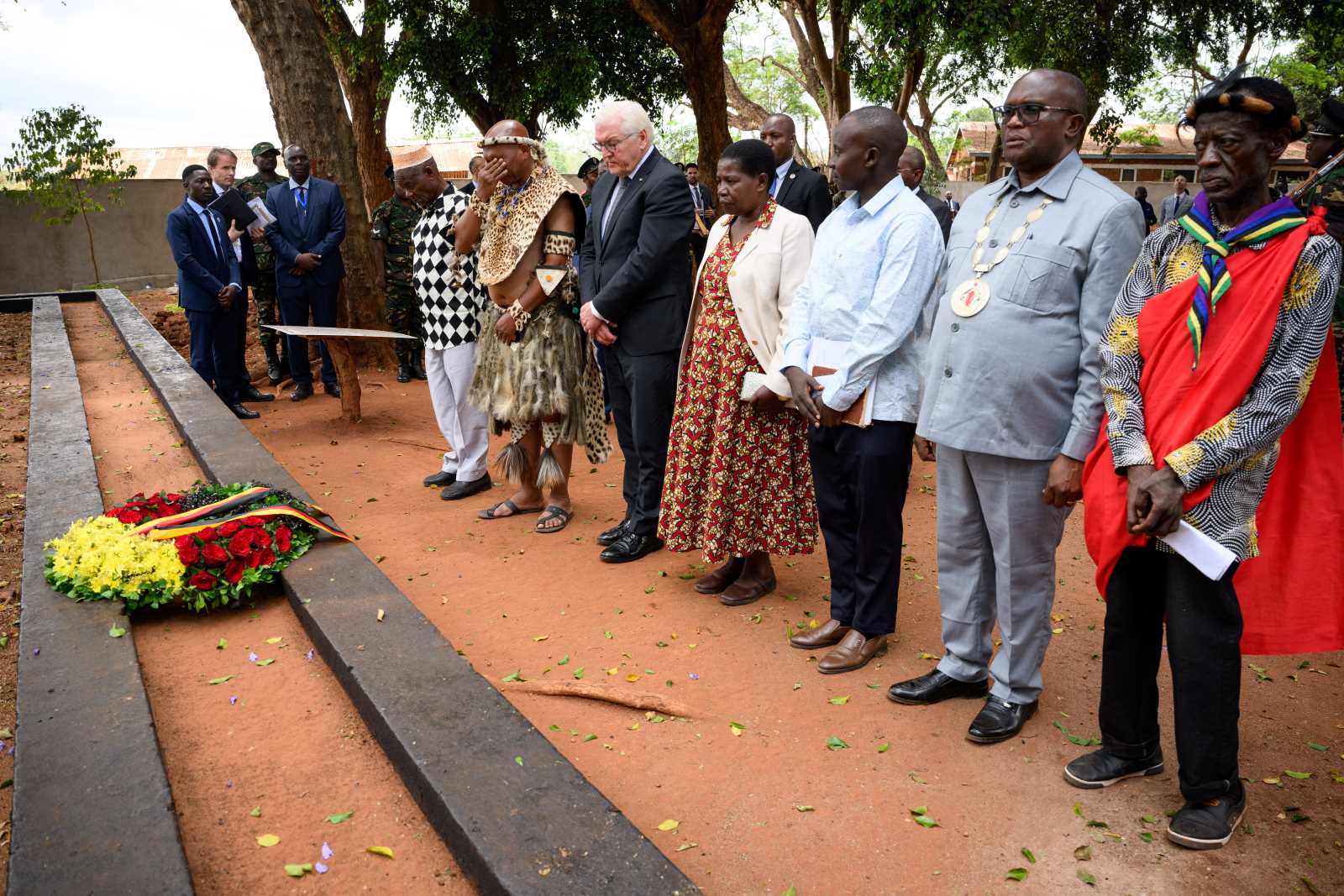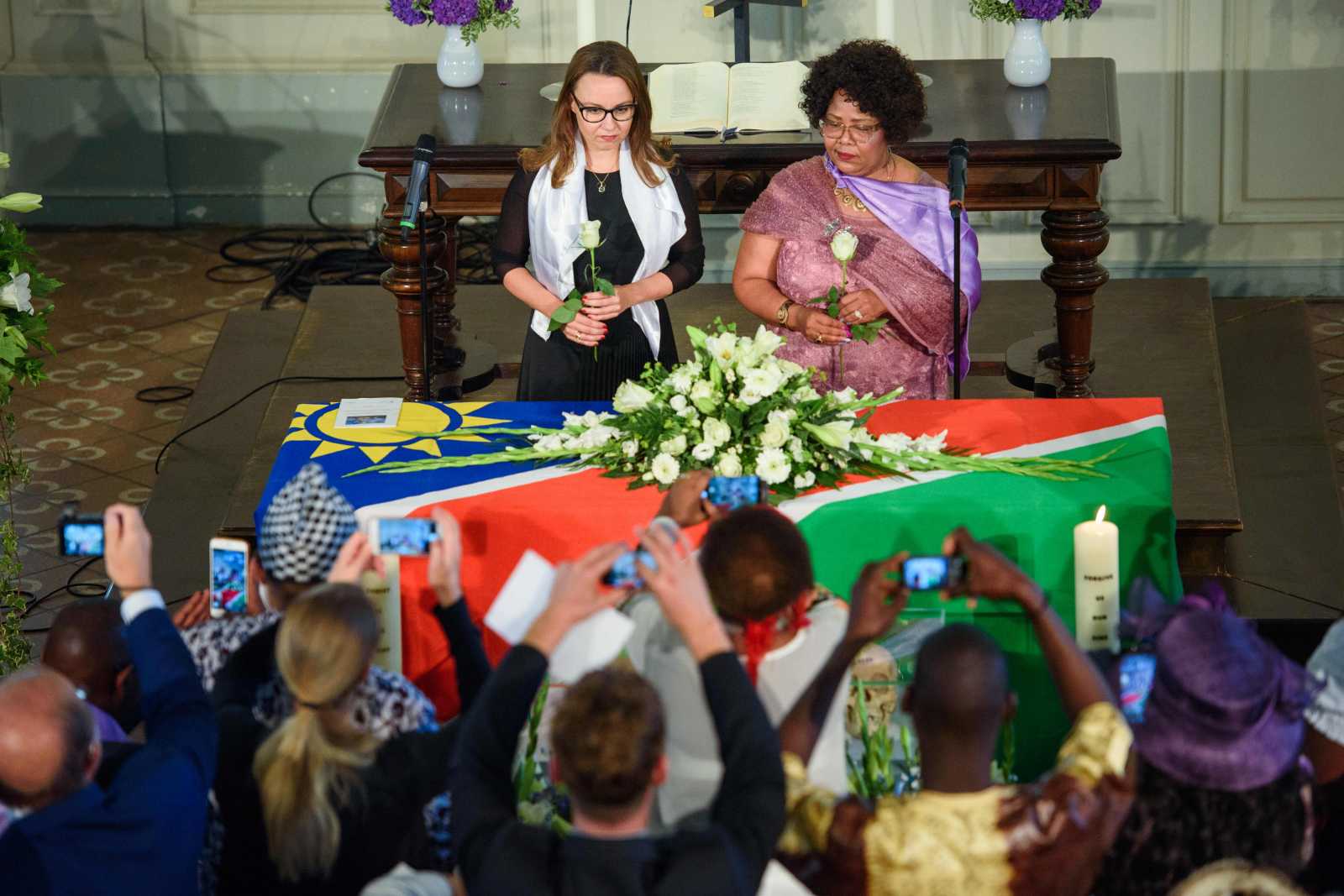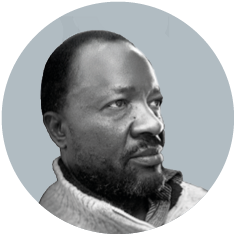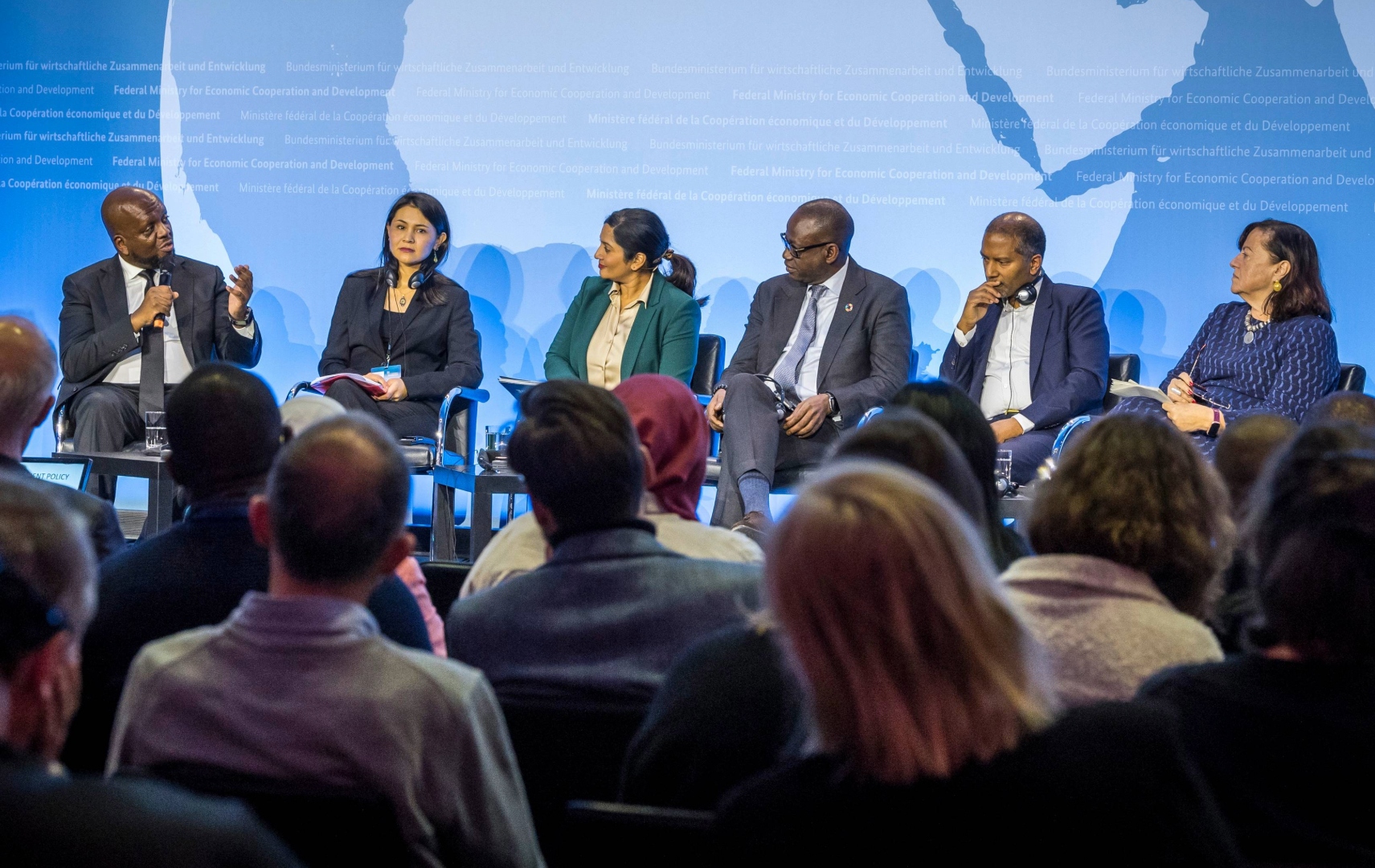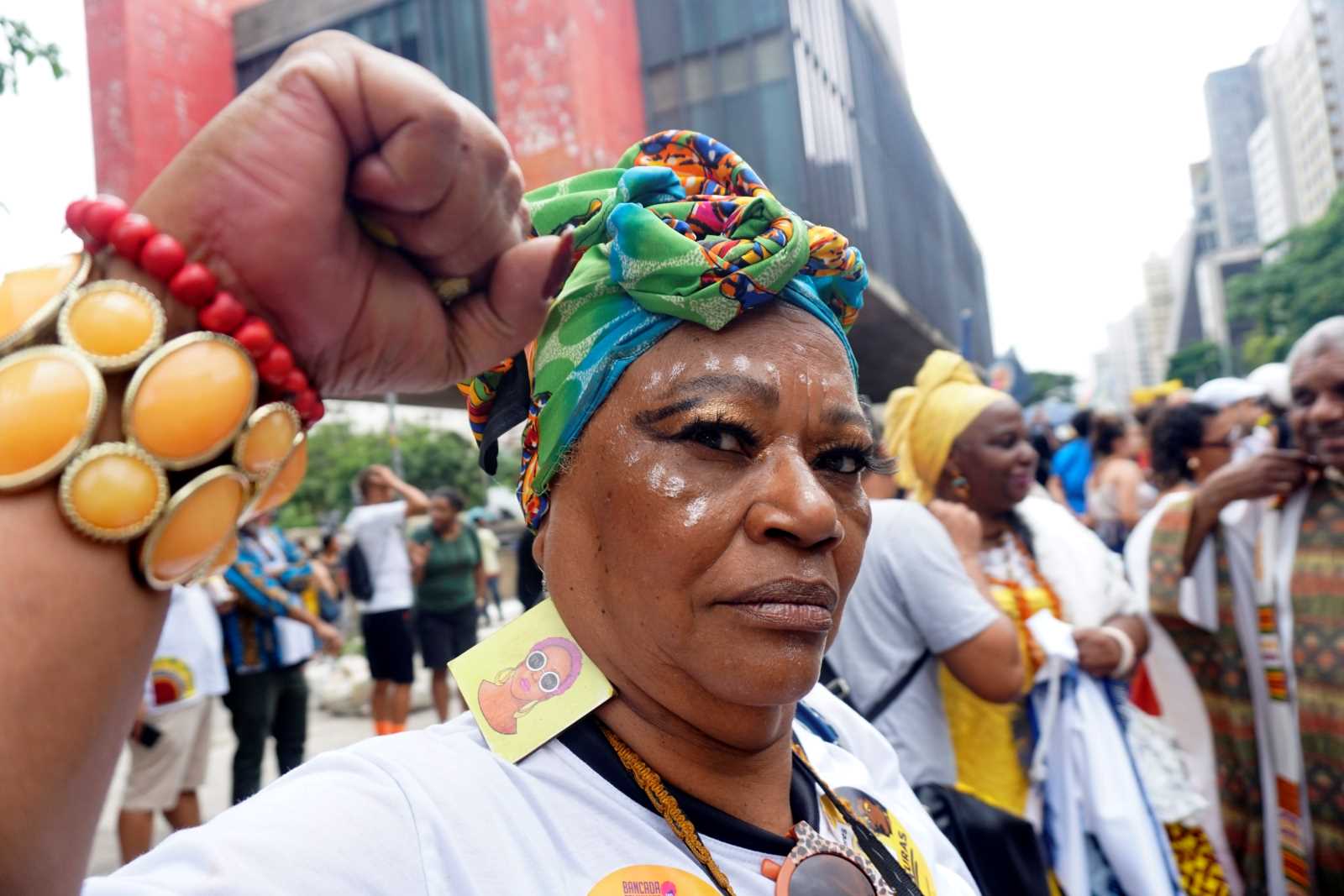Restitution
No surrender to the Germans
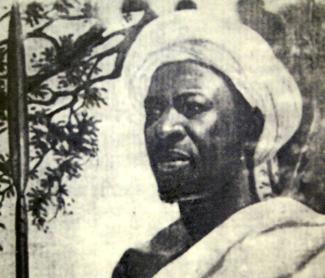
One of the few skulls returned from the huge amount of human remains brought to Germany during its colonial rule over what is now Tanzania is that of Chief Mkwawa of the Hehe. It was found in 1953 in a museum in Bremen, a city in northern Germany, where it had been kept since 1898. A year later it was returned and is now on a pedestal, protected by a glass case, in a museum in Kalenga in the Hehe region.
Mkwawa staunchly resisted German rule for several years, declaring that he would fight it to the utmost rather than submit to it, and that he would rather die by his own gun than surrender. This is exactly what he did. Historical records show that a bounty was placed on his head in 1898, which led to a manhunt. In July, Sergeant Major Johann Merkl approached Mkwawa. Merkl reports that they heard a shot and rushed to Mkwawa’s hideout, where they saw two people lying by a campfire. One of them was identified as Mkwawa himself. They cut off his head and took it to Germany. For many people in East Africa, it remains a mystery to this day why the Germans carried out the practice of beheading so meticulously and took the human skulls and other bones home in large quantities.
Interestingly, the return of Chief Mkwawa’s skull was mainly due to pressure from Edward Twining, the colonial governor of the then British-controlled Tanganyika, who was pursuing British interests. He tried to appease the Hehe because he wanted to use them to put down the Mau Mau uprising in the neighbouring British colony of Kenya. By returning the skull, Twining believed he could persuade them to join the King’s African Rifles, a regiment raised from Britain’s East African colonies. They were then to be sent to Kenya with the army to fight the Mau Mau freedom fighters there.
Lawrence Kilimwiko is a journalist based in Dar es Salaam.
lkilimwiko@yahoo.com
